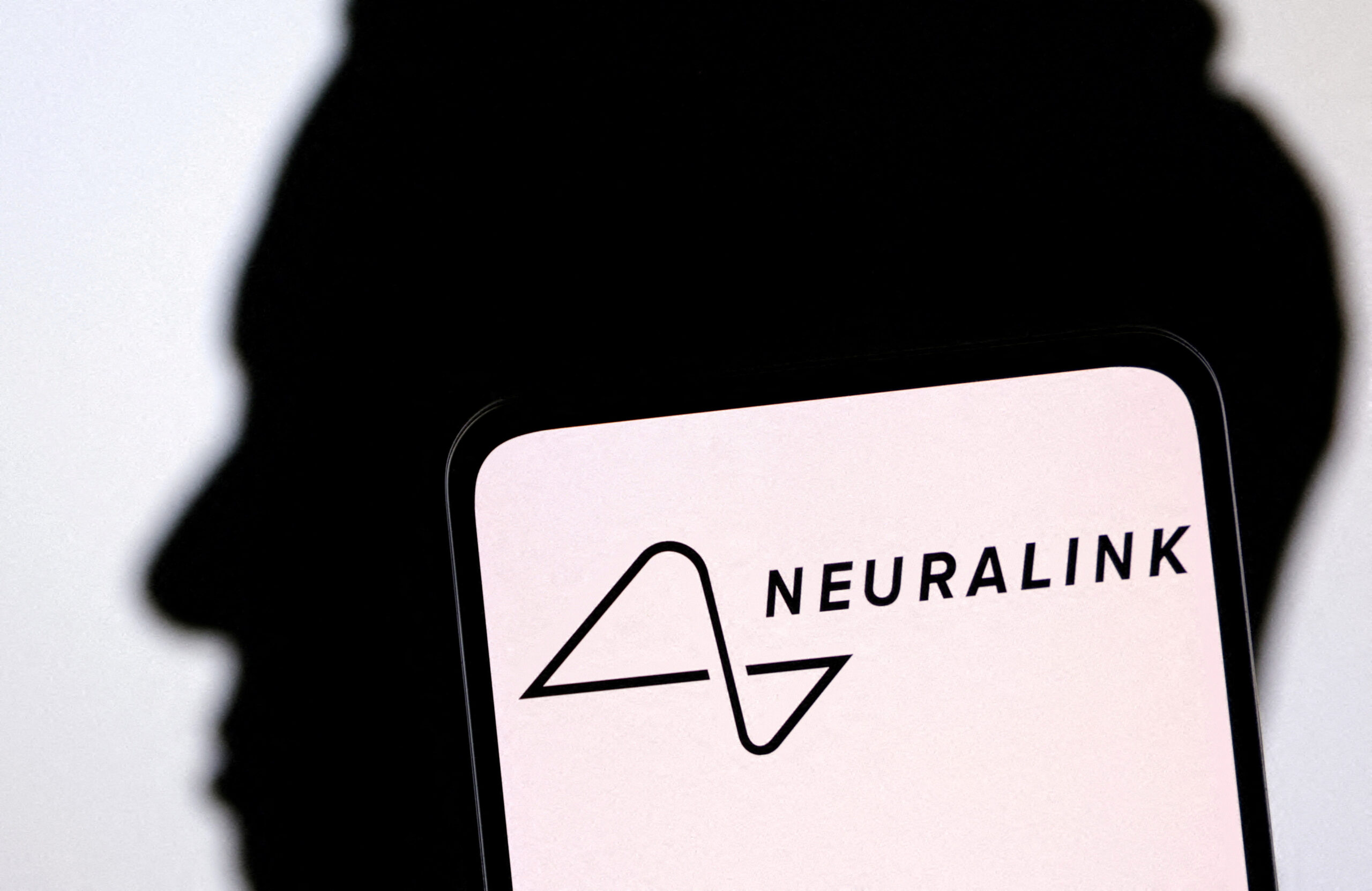Elon Musk: Neuralink’s First Human Successfully Controls Mouse with Thoughts

Elon Musk Confirms Successful Neuralink Trial: Patient Exhibits Full Recovery
In a groundbreaking development, Elon Musk, the visionary behind Neuralink, shared exciting news regarding the progress of the first human implanted with the company’s innovative brain-chip technology. During a Spaces event on the social media platform X, Musk provided a glimpse into the remarkable recovery of the patient, emphasizing the absence of any adverse effects. He remarked, “Progress is good, and the patient seems to have made a full recovery, with no ill effects that we are aware of. Patient is able to move a mouse around the screen by just thinking.”
This revelation underscores the transformative potential of Neuralink’s brain-computer interface (BCI) technology, which aims to seamlessly integrate the human brain with digital devices. By enabling individuals to control a computer mouse through their thoughts alone, Neuralink has achieved a significant milestone in the realm of neurotechnology. The ability to manipulate digital interfaces using neural signals represents a paradigm shift in human-computer interaction, offering newfound independence and accessibility to individuals with motor disabilities.
Beyond the successful navigation of a computer mouse, Musk highlighted Neuralink’s ongoing efforts to optimize the patient’s cognitive control, with a focus on maximizing the generation of mouse button clicks through neural commands. This iterative approach reflects Neuralink’s commitment to pushing the boundaries of BCI technology, fostering continuous innovation and refinement.
As Neuralink continues to pioneer advancements in the field of neurotechnology, the implications extend far beyond individual capabilities. From enhancing accessibility for individuals with disabilities to unlocking new frontiers in human-machine collaboration, the potential applications of BCI technology are vast and transformative.

With each milestone achieved, Neuralink edges closer to realizing Musk’s vision of merging humans with artificial intelligence, ushering in a new era of symbiotic interaction between mind and machine.Neuralink did not immediately reply to Reuters’ request for further details.The firm successfully implanted a chip on its first human patient last month, after receiving approval for human trial recruitment in September.
The study uses a robot to surgically place a brain-computer interface implant in a region of the brain that controls the intention to move, Neuralink has said, adding that the initial goal is to enable people to control a computer cursor or keyboard using their thoughts.
Neuralink, which was valued at about $5 billion last year, has faced repeated calls for scrutiny regarding its safety protocols. Reuters reported last month that the firm was fined for violating U.S. Department of Transportation rules regarding the movement of hazardous materials.




















